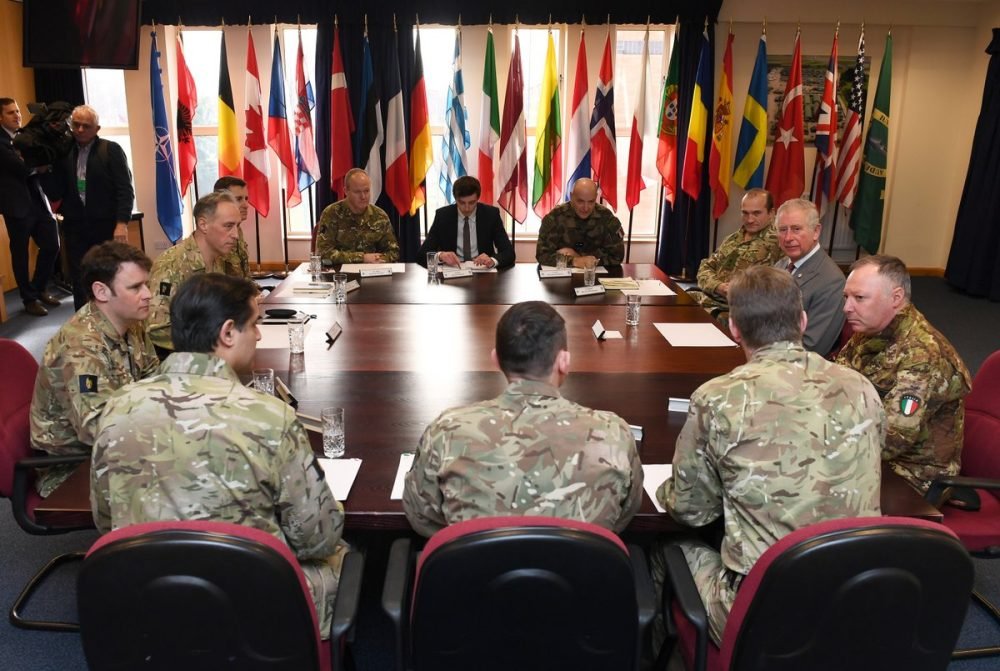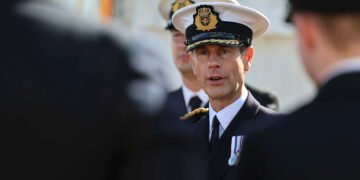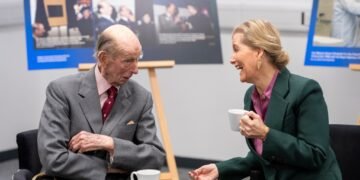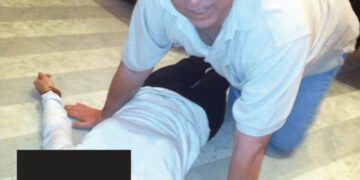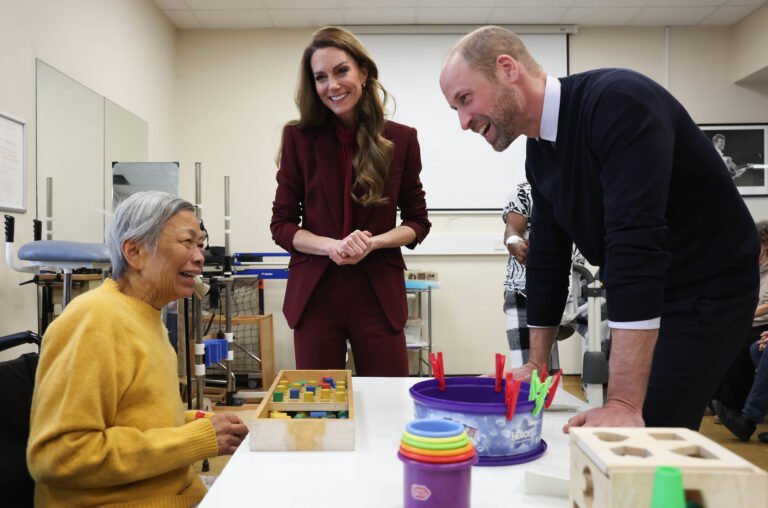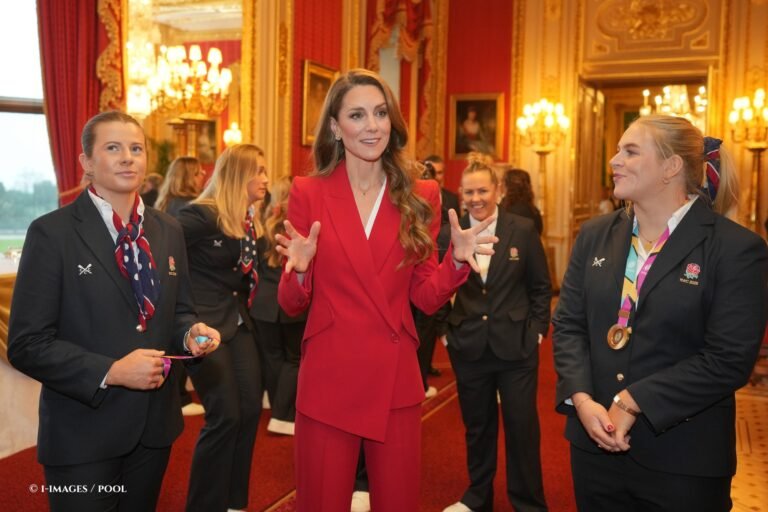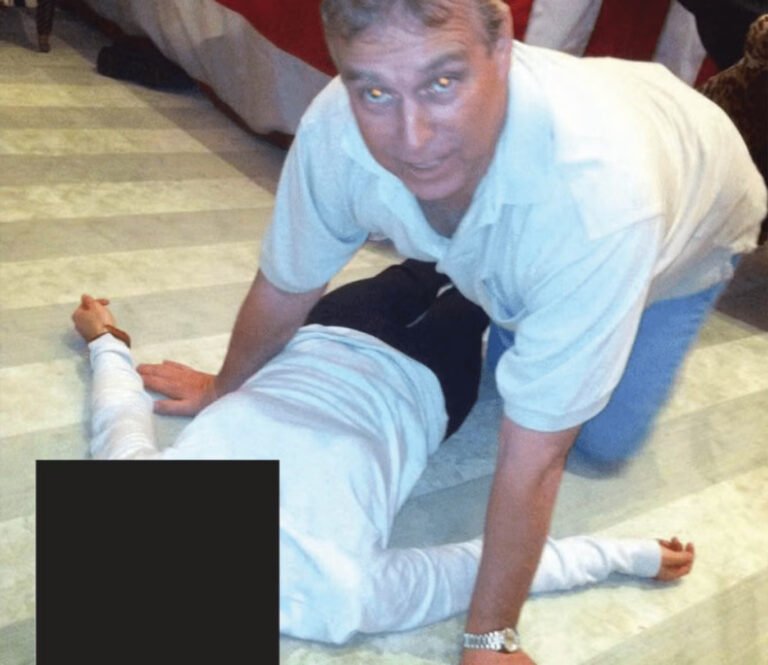Yesterday, The Prince of Wales visited the headquarters of the Allied Rapid Reaction Corps (ARRC) at Imjin Barracks in Innsworth, Gloucestershire. The ARRC is one of NATO’s finest rapid reaction military groups and close to Charles’ heart.

Upon his arrival, Prince Charles met Major General Will Bramble, Chief of Staff of the ARRC, in front of a flag party and honour guard representing the 23 countries involved.
He was briefed on the work of the ARRC and given a rundown of its history, starting in 1815 at the Battle of Waterloo when it was commanded by Major General William, Prince of Orange; the regiment took part in campaigns during the Boer Wars at the end of the 19th century, the First and Second World Wars, Germany throughout the Cold War, Yugoslavia, Kuwait and Kosovo in the 1990s, and Afghanistan.
The headquarters is not a standing force, but can call on 30,000 troops from NATO countries at any given moment. The ARRC is one of NATO’s High Readiness Forces able to deploy to conflict or disaster zones around the world at short notice, comprising troops from 23 NATO member states, and one of the commanding forces of the 160,000-strong reaction forces – there are nine High Readiness (Land) groups in NATO. Activated in Germany in 1992, the ARRC relocated to Gloucestershire in 2010.

In 2019, ARRC will become one of NATO’s High Readiness Joint Task Force Headquarters.
After the briefing, an informal reception was held where the Prince met families of the service personnel in the ARRC battalion, and civilian staff working to support their important work. He also visited the all-important officer’s mess, where the officers go to enjoy their meals, to meet representatives of all of the 23 member states contributing troops to the ARRC.


Charles, as always, was genuinely interested in the work of the battalion, and wanted to find out more about how the ARRC contributes to the UK’s work in NATO. As he will one day become head of the UK armed forces, it is important for the heir to learn about the everyday workings of one of the country’s crucial rapid deployment groups.
“We owe all of you a huge debt of gratitude from every country in NATO for the huge effort you put in,” Charles told the unit.

